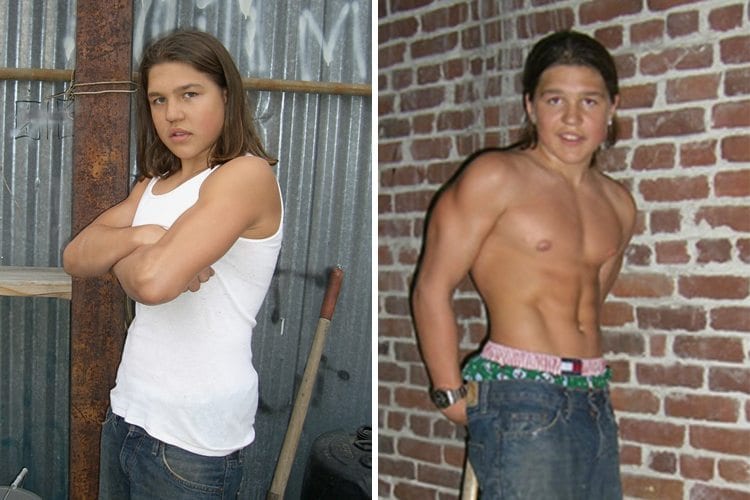A new study out of Kobe University, Japan highlights the crucial role of childhood activity in cognitive function later in life. Participants who exercised regularly as children did better in cognitive tests, regardless of their current age, whereas post-childhood exercise was found to have no effect on task performance.
Little Hercules. Remember him?
Children Who Exercise: Improved Cognitive Function
A new study from Kobe University highlights the crucial role exercise plays in brain development during childhood.
The study builds on previous research into the relationship between childhood exercise and cognitive function. Although it was already quite clear that there was a robust relationship between the two, and that the effects of exercise on brain function continued into later life, the actual changes in brain function and structure had not been investigated in depth.
The research group conducted a study on 214 participants ranging in age from 26 to 69. Childhood exercise was assessed via questionnaire, and the participants performed various tasks designed to test cognitive function the effects of which were measured using magnetic resonance imaging (MRI).
One aspect of cognitive function known as response inhibition (the ability to suppress inappropriate behaviors), was measured using a go/no-go task.
The image data from the MRI was analyzed and the following were calculated: structural and functional connectivity, cortical thickness, myelination, the degree of neurite orientation dispersion and density index.
Vegan diets stunt childhood development, according to 2021 study
In the statistical analysis, information obtained through the questionnaire was used as confounders. This included each participant’s educational background, parents’ educational background, number of siblings and exercise during adulthood.
Figures from the study demonstrating the effects of childhood exercise on cognitive function
Without going into unnecessarily complicated detail, the researchers found the following:
- People who are physically active during childhood (up to 12 years of age) have higher cognitive functions in later life.
- However, there was no find a correlation between cognitive function and post-childhood physical activity.
- The positive association between childhood exercise and cognitive function was evident in the modular segregation of brain networks, strengthened inter-hemispheric connectivity, greater cortical thickness, lower levels of dendritic arborization and decreased density.
During childhood, the formation of the brain’s network is susceptible to environmental and experience-related factors. The researchers believe that exercise during this period optimizes brain network development, with clear ramifications on cognitive function in later life.
Aristotle knew what was up: childhood shapes a person’s entire character
This study should hardly be a surprise, but it offers powerful scientific evidence in support of the time-honoured wisdom: that adults reap the benefits of positive habits instilled in childhood.

Don’t hesitate to email us at [email protected] for personalized coaching and a client questionnaire if you’d like DEDICATED tailor-made personal training on strength training, building muscle, losing fat, developing athleticism, and more — all to your liking, lifestyle, habits, and taste!
Otherwise, don’t forget to claim your FREE eBook detailing how to lose 20lb of fat while building muscle in 12 weeks! You can claim it here.
Alternatively, you can pick up a FREE eBook on fundamental strength principles offering an introductory workout program.











